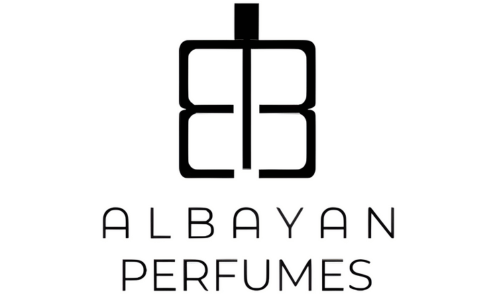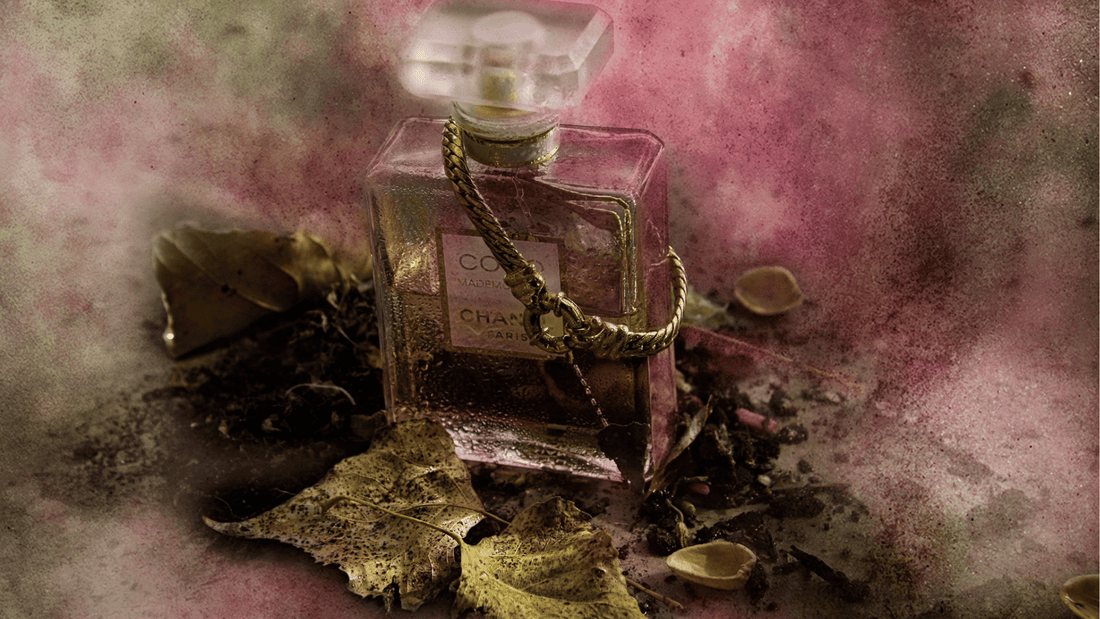The world of fragrance can truly transport us and tell us who we are. However, many interesting facts about perfume have yet to be uncovered. Let’s take a journey back in time and discover the beginnings!
1. What is the Origin of Perfume?
There are many theories about the source of perfumes, but the most common ones point to Mesopotamia, Persia, and Egypt, which are considered the first creators of perfumes in the world. The first perfume maker was a chemist named Tapputi, who extracted the first perfume using myrrh, oils, and flowers in Babylonian Mesopotamia.
In Egypt, about 4,000 years ago, people used perfumes for all occasions, from religious ceremonies to burial preparations, and also applied them daily. It was believed that perfume was the sweat of the sun god Ra, giving it a sacred status. The ancient Egyptians even had a god of perfume named Nefertum, who wore a headband made of water lilies, one of the most common fragrance ingredients today.
The Persians were also big fans of perfume and often used it as a symbol of political status. It was common to depict kings holding perfume bottles in Persian paintings! When the Greeks and Romans colonized Persia and discovered perfumes, they began to see it as an art form. Perfume spread worldwide, and by 1190, once it reached Paris, it flourished and grew into the massive industry we know today.
2. What was the First Perfume Introduced to the World?
The concept and form of perfume evolved differently across various countries, so there were many types of scents considered perfumes before the first modern fragrance appeared. The Hungarians were the first to introduce perfume as a modern, wearable product, made by mixing scented oils in an alcoholic solution.
The first perfume made for personal use was exclusively crafted for Queen Elizabeth of Hungary and became known across Europe as Hungary Water. These perfumes were dominated by natural ingredients such as rosemary and thyme.
3. What are the Most Expensive Ingredients in the World?
It might not be what you think! The finest and most expensive perfumes are made from absolute oils, a blend of concentrated, aromatic, and fatty extracts from plants or certain flowers. Natural ingredients are often the priciest because they tend to be extremely rare, difficult to obtain, or highly regulated.
The most expensive ingredients in the world include jasmine, Bulgarian roses, oud, musk, and iris. The most expensive ingredient is ambergris, a substance produced in the digestive system of sperm whales. A component’s high cost can also be due to its natural rarity, such as natural oud oil, or if the ingredient is out of season, like ylang-ylang in Madagascar.

